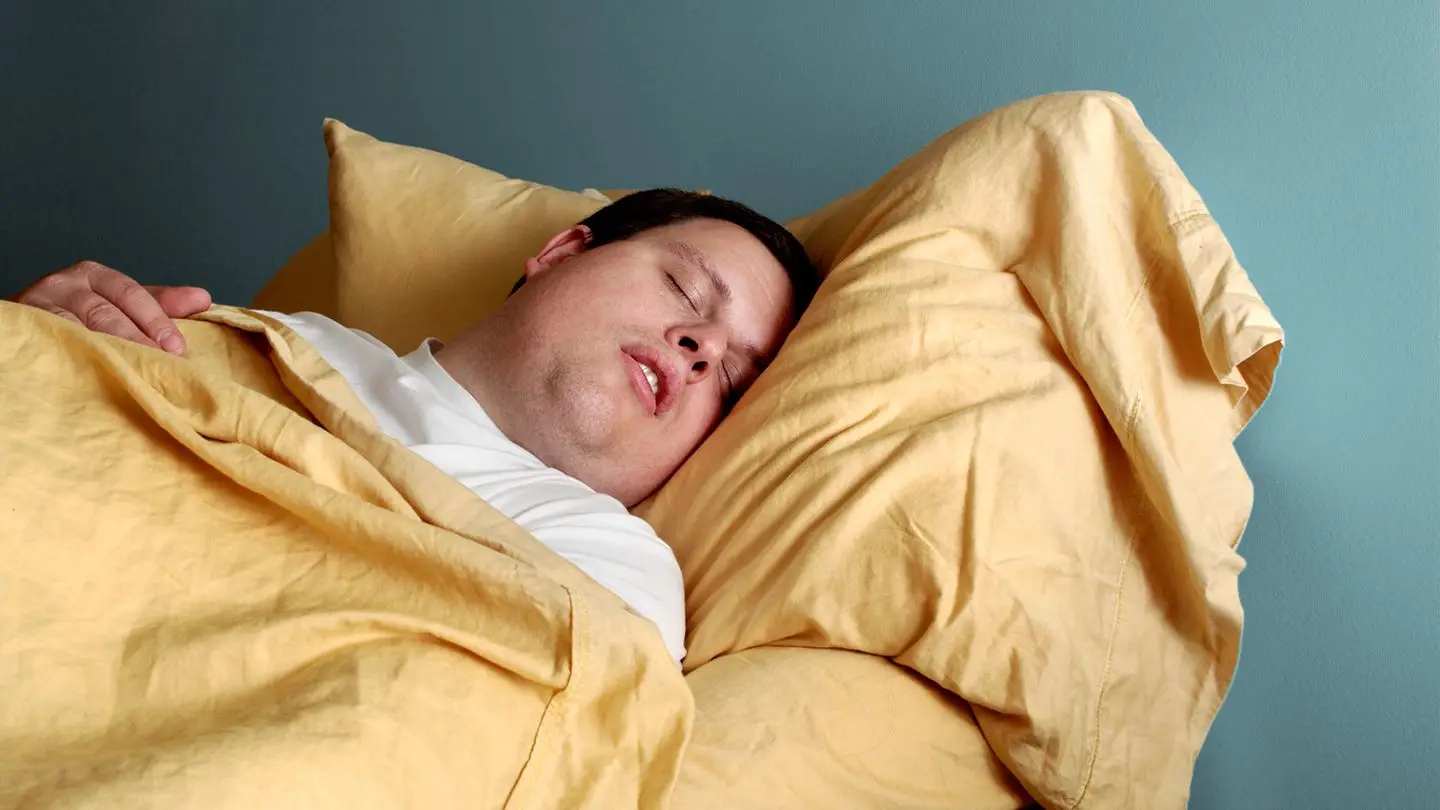Sleep Dentistry and Snoring Problems
Wake up refreshed and rejuvenated. Our sleep dentistry tackles snoring problems for a better night’s sleep
Sleep dentistry is a branch of dentistry that focuses on managing and treating issues related to sleep, including snoring and obstructive sleep apnea (OSA). Snoring is a common problem that can impact quality of sleep for both the individual and their partner, and it may be a sign of more serious conditions such as sleep apnea. Effective management and treatment can significantly improve overall health and quality of life.

Snoring Problems
Snoring occurs when the flow of air through the mouth and nose is partially obstructed during sleep, causing the tissues in the throat to vibrate and produce sound. While occasional snoring may be harmless, chronic snoring can be indicative of underlying health issues, such as obstructive sleep apnea (OSA).
Causes of Snoring
- Nasal Congestion
- Description: Blocked nasal airways can lead to snoring by forcing air through a narrowed passage, causing tissue vibration.
- Treatment: Addressing allergies, sinus infections, or using nasal decongestants can help alleviate snoring.
- Obstructive Sleep Apnea (OSA)
- Description: OSA is a condition where the airway becomes repeatedly blocked during sleep, leading to pauses in breathing. It is often associated with loud snoring.
- Treatment: Treatment options include lifestyle changes, continuous positive airway pressure (CPAP) therapy, and dental appliances.
- Excess Weight
- Description: Excess weight, particularly around the neck, can contribute to airway obstruction and snoring.
- Treatment: Weight loss and lifestyle modifications can help reduce snoring.
- Alcohol and Sedatives
- Description: Alcohol and sedatives relax the throat muscles, which can increase the likelihood of snoring.
- Treatment: Reducing or avoiding alcohol and sedatives before bedtime may alleviate snoring.
- Sleep Position
- Description: Sleeping on the back can cause the tongue and soft tissues to collapse into the throat, leading to snoring.
- Treatment: Changing sleep positions, such as sleeping on the side, can help reduce snoring.
- Structural Issues
- Description: Anatomical factors such as a deviated septum, enlarged tonsils, or a long soft palate can contribute to snoring.
- Treatment: Medical or surgical interventions may be necessary to address structural issues.
Treatments for Snoring
- Lifestyle Modifications
- Weight Management: Achieving and maintaining a healthy weight can reduce the impact of snoring.
- Avoiding Alcohol and Sedatives: Limiting consumption of substances that relax throat muscles can help minimize snoring.
- Nasal and Throat Treatments
- Nasal Decongestants: Using decongestants to clear nasal passages can improve airflow and reduce snoring.
- Throat Sprays and Devices: Certain throat sprays and devices can help tone and tighten the tissues of the throat to reduce snoring.
- Continuous Positive Airway Pressure (CPAP)
- CPAP therapy involves wearing a mask connected to a machine that provides a continuous flow of air to keep the airway open.
- Usage: CPAP is commonly used for patients with obstructive sleep apnea (OSA) and can effectively reduce snoring and improve sleep quality.
- Oral Appliances
- Dental devices, also known as mandibular advancement devices (MADs), reposition the lower jaw and tongue to keep the airway open.
- Usage: These devices are custom-fitted by a dentist and are effective for mild to moderate cases of snoring and OSA.
- Surgical Interventions
- Surgical options may be considered for individuals with anatomical abnormalities contributing to snoring. Procedures may include uvulopalatopharyngoplasty (UPPP), tonsillectomy, or nasal surgery.
- Consultation: Surgical options should be discussed with an ENT specialist or oral surgeon.
Sleep Dentistry Interventions
- Diagnosis and Assessment
-
- Sleep Studies: For suspected sleep apnea or severe snoring issues, a sleep study may be recommended to evaluate the severity of the condition and guide treatment.
- Custom-Fitted Oral Appliances
-
- Dentists specializing in sleep dentistry can provide custom oral appliances designed to address snoring and sleep apnea. These appliances help keep the airway open and reduce snoring.
- Collaborative Care
-
- Multi-disciplinary Approach: Sleep dentists may work in conjunction with sleep specialists, ENT doctors, and primary care physicians to provide comprehensive care and treatment for sleep-related issues.
Sleep dentistry plays a vital role in managing and treating snoring and other sleep-related issues. By addressing underlying causes, utilizing lifestyle modifications, and employing various treatment options such as CPAP therapy, oral appliances, and surgical interventions, individuals can improve their sleep quality and overall health. Consulting with a dental professional specializing in sleep disorders is essential for effective diagnosis and treatment planning.
